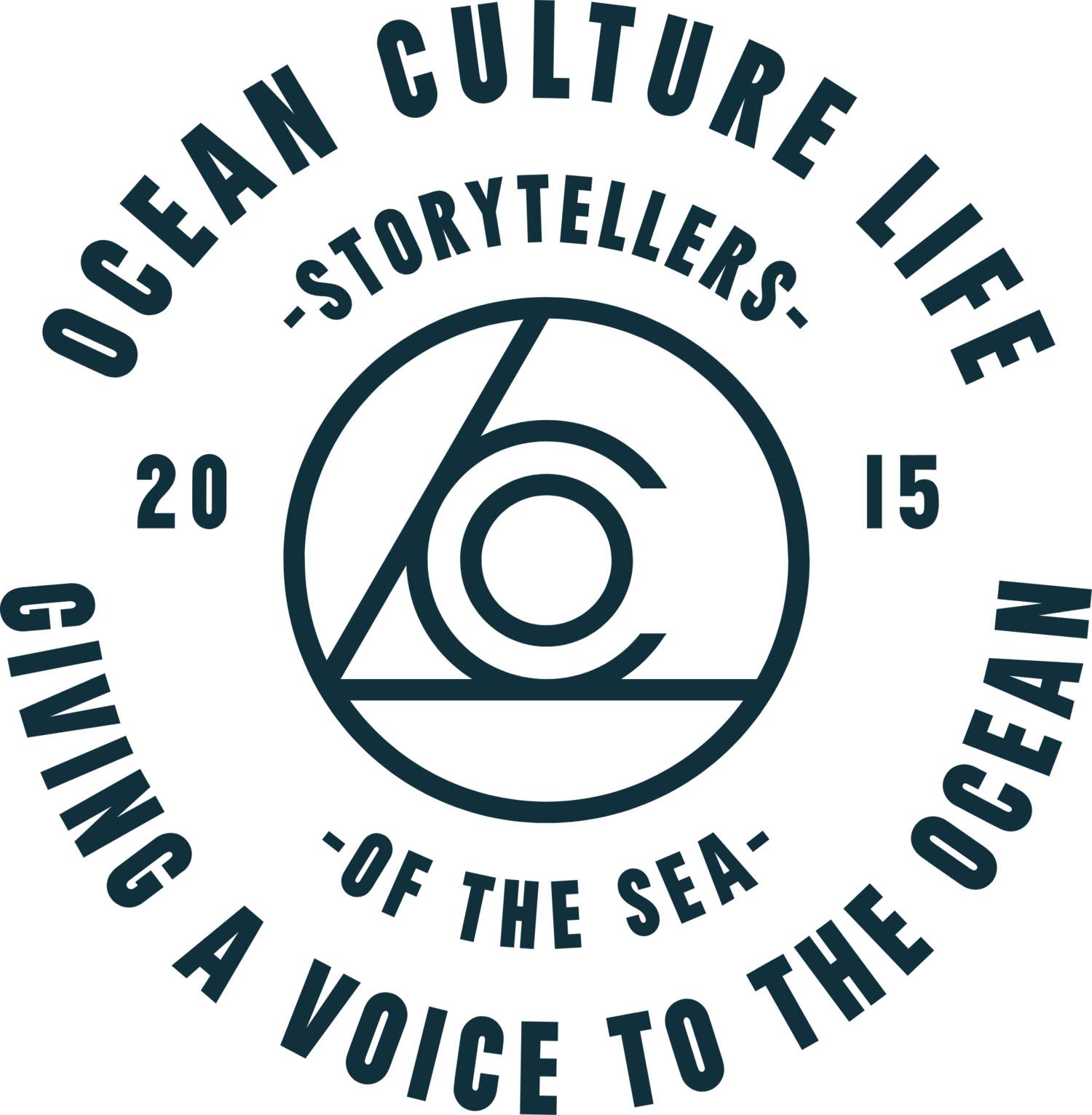Jellyfish Can Learn & Adapt Without a Brain
Jellyfish, the mesmerising creatures of the sea, have long fascinated scientists and nature enthusiasts alike. Known for their beauty and graceful movements, jellyfish are often considered simple organisms with limited cognitive capabilities. However, recent studies have challenged this notion, revealing that jellyfish possess remarkable learning skills and intelligence despite lacking a centralised brain.
This groundbreaking research opens up new avenues of understanding the evolution of learning and memory in animals and sheds light on the intricate workings of these fascinating creatures.
Jellyfish, or cnidarians, have been thriving on Earth for over 500 million years, making them one of the most successful and ancient animal species. Despite their seemingly simple anatomical structure, jellyfish have adapted and evolved to survive in various marine environments across the globe.
With their delicate gelatinous bodies and unique propulsion mechanisms, jellyfish easily navigate the ocean currents, capturing prey and avoiding predators. Their evolutionary success lies in their physical adaptations and their capacity to learn and respond to their surroundings.
Traditionally, it was believed that complex learning and intelligence were exclusive to organisms with centralised brains. However, recent studies have shattered this belief by demonstrating that jellyfish, such as the Caribbean box jellyfish (Tripedalia cystophora), possess advanced learning abilities despite their decentralised nervous systems.
These findings challenge the conventional understanding of learning and open up a world of possibilities for understanding the complexities of cognitive processes in animals.
Associative Learning: A Key Skill of Jellyfish
One of the most intriguing discoveries about jellyfish is their ability to engage in associative learning, a cognitive process that involves forming mental connections between sensory stimuli and behaviours. Through this form of learning, jellyfish can adapt their responses based on past experiences, enabling them to navigate their environment more efficiently. The Caribbean box jellyfish, in particular, has been studied extensively for its ability to learn and respond to obstacles in its natural habitat.
Researchers have conducted experimental studies to unravel the learning process of jellyfish, shedding light on the mechanisms underlying their remarkable cognitive abilities. In one study, scientists mimicked the natural habitat of the Caribbean box jellyfish by creating a tank with grey and white stripes. By observing the jellyfish's behaviour in this simulated environment, researchers were able to assess their learning capabilities and measure their improvement over time.
The Scientific Proof!
During the experiments, the jellyfish initially swam close to the grey stripes, frequently bumping into them. However, as the study progressed, the jellyfish learned to increase their distance from the walls, improve their obstacle avoidance skills, and reduce contact with the grey stripes. This demonstrated their ability to learn from experience and modify their behaviour accordingly.
One of the significant findings of these studies is the identification of sensory centres in jellyfish that play a crucial role in their learning process. For the Caribbean box jellyfish, the rhopalium, a visual sensory centre housing six eyespots, has been identified as the learning centre. This structure responds to combined visual and mechanical stimuli, allowing the jellyfish to learn and adapt based on these sensory inputs.
The experiments showed that the rhopalium responded to specific stimuli, such as grey bars representing obstacles, and generated signals that facilitated the jellyfish's avoidance behaviour. By combining visual and mechanical stimuli, the rhopalium enabled associative learning in jellyfish, providing further evidence of their intelligence and adaptability.
The discovery of advanced learning abilities in jellyfish has significant implications for the field of neuroscience. By studying the cellular interactions within the jellyfish's nervous system, scientists hope to unravel the intricate processes involved in memory formation and learning. The simplicity of the jellyfish's nervous system offers a unique opportunity to delve deeper into the fundamental cellular mechanisms that underlie learning in all animals.
Furthermore, these findings challenge the notion that complex neuronal circuitry is a prerequisite for advanced learning.
Instead, they suggest that even organisms with decentralized nervous systems, like jellyfish, can exhibit advanced learning capabilities. This raises intriguing questions about the evolutionary origins of learning and memory and highlights the potential for fundamental cellular mechanisms to emerge early in the evolution of nervous systems.
Conservation Significance: Inspiring Action for Marine Ecosystems
Beyond their scientific implications, the discovery of jellyfish's remarkable learning skills carries significant conservation significance.
As we strive to understand the mysteries of jellyfish learning, we also recognise the urgent need to protect and conserve their habitats. By promoting environmental stewardship and fostering a sense of community, we can work together to ensure the preservation of our oceans and the magnificent creatures that call them home.
SUBMIT AN OCEAN DIARY ENTRY
We’d love to share your blog post on our Ocean Diary page! Click the link below to submit a diary entry between 200-500 words, alongside any images and resources you’d also like to feature.



